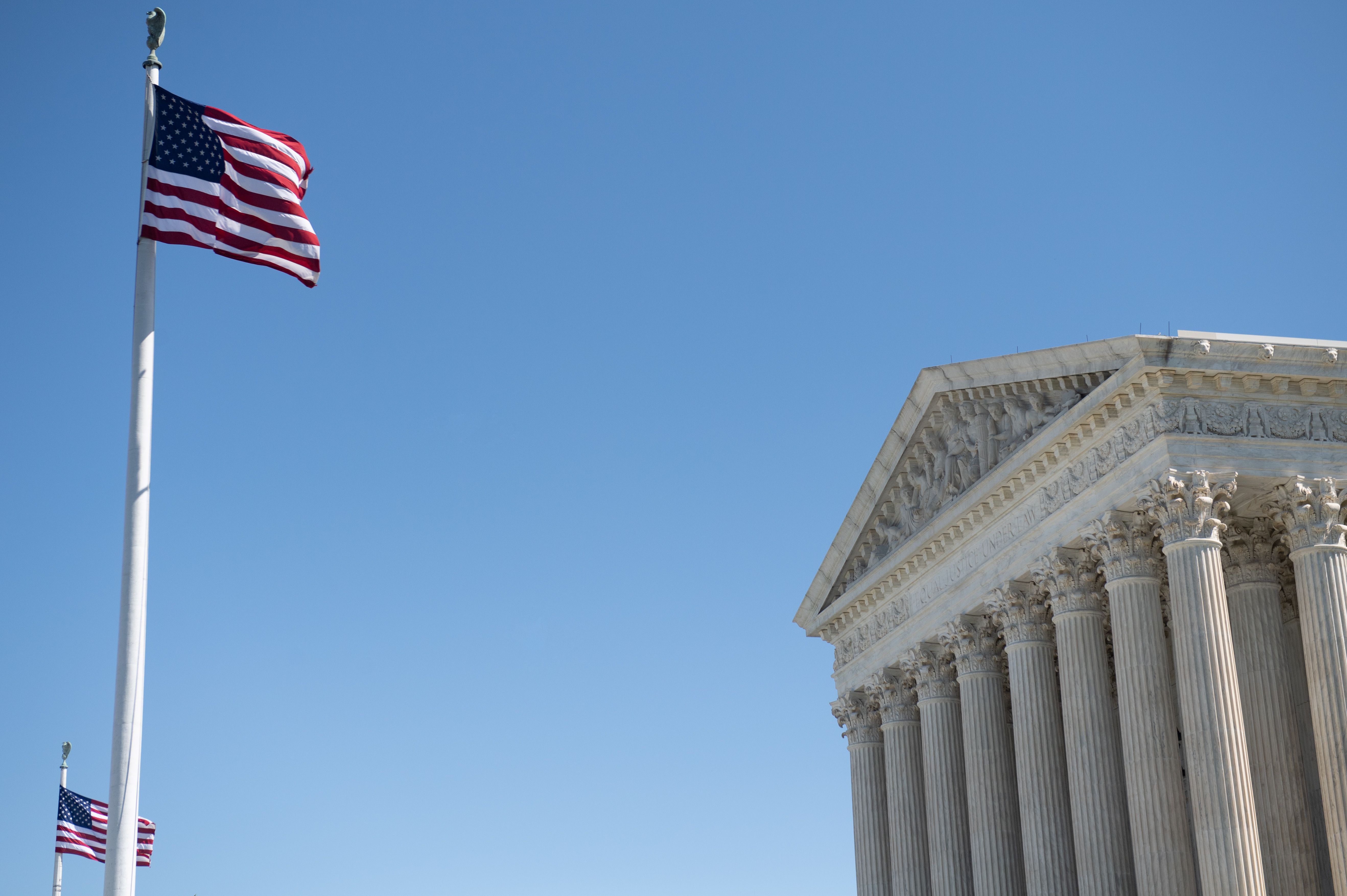Supreme Court conservatives reject restrictions on juvenile life without parole


A free daily email with the biggest news stories of the day – and the best features from TheWeek.com
You are now subscribed
Your newsletter sign-up was successful
In a 6-3 decision along ideological lines, the Supreme Court upheld the conviction of Brett Jones in Jones v. Mississippi on Thursday, effectively ruling a judge need not find "permanent incorrigibility" before condemning a juvenile offender to life in prison without parole.
Declining to impose sentencing restrictions is a blow to precedent, say some analysts and the court's liberal justices, and signals both the court's abandonment of certain juvenile protections and its move toward the ideological right.
Mississippi's Brett Jones was sentenced to life without parole after killing his grandfather at age 15. Controversially, laws in Mississippi do not require a juvenile be proven "permanently incorrigible," or incapable of moral rehabilitation, to receive such a sentence. Jones recently appealed the decision after landmark cases later deemed such sentences unconstitutional for "all but the rarest of juvenile offenders."
The Week
Escape your echo chamber. Get the facts behind the news, plus analysis from multiple perspectives.

Sign up for The Week's Free Newsletters
From our morning news briefing to a weekly Good News Newsletter, get the best of The Week delivered directly to your inbox.
From our morning news briefing to a weekly Good News Newsletter, get the best of The Week delivered directly to your inbox.
Justice Brett Kavanaugh, who delivered the majority opinion, argues limitations haven't been entirely unraveled by the ruling; a judge is still required to consider a defendant's age before sentencing. However (and much to critics' dismay), it is not required that a judge ensure the juvenile defendant is incapable of rehabilitation before imposing life without parole.
Justice Sonia Sotomayor issued a scathing dissent. "How low this Court's respect for stare decisis has sunk," she wrote. "Now, it seems, the Court is willing to overrule precedent without even acknowledging it is doing so, much less providing any special justification. It is hard to see how that approach is 'founded in the law rather than in the proclivities of individuals,'" she added, invoking Kavanaugh's own words.
Legal analyst Mark Joseph Stern pointed directly to the court's newest justices to explain the ruling, and noted former Justice Anthony Kennedy, who Kavanaugh replaced, often criticized juvenile life sentences without parole. Brigid Kennedy
A free daily email with the biggest news stories of the day – and the best features from TheWeek.com
Brigid Kennedy worked at The Week from 2021 to 2023 as a staff writer, junior editor and then story editor, with an interest in U.S. politics, the economy and the music industry.
-
 Political cartoons for February 16
Political cartoons for February 16Cartoons Monday’s political cartoons include President's Day, a valentine from the Epstein files, and more
-
 Regent Hong Kong: a tranquil haven with a prime waterfront spot
Regent Hong Kong: a tranquil haven with a prime waterfront spotThe Week Recommends The trendy hotel recently underwent an extensive two-year revamp
-
 The problem with diagnosing profound autism
The problem with diagnosing profound autismThe Explainer Experts are reconsidering the idea of autism as a spectrum, which could impact diagnoses and policy making for the condition
-
 ABC News to pay $15M in Trump defamation suit
ABC News to pay $15M in Trump defamation suitSpeed Read The lawsuit stemmed from George Stephanopoulos' on-air assertion that Trump was found liable for raping writer E. Jean Carroll
-
 Judge blocks Louisiana 10 Commandments law
Judge blocks Louisiana 10 Commandments lawSpeed Read U.S. District Judge John deGravelles ruled that a law ordering schools to display the Ten Commandments in classrooms was unconstitutional
-
 ATF finalizes rule to close 'gun show loophole'
ATF finalizes rule to close 'gun show loophole'Speed Read Biden moves to expand background checks for gun buyers
-
 Hong Kong passes tough new security law
Hong Kong passes tough new security lawSpeed Read It will allow the government to further suppress all forms of dissent
-
 France enshrines abortion rights in constitution
France enshrines abortion rights in constitutionspeed read It became the first country to make abortion a constitutional right
-
 Texas executes man despite contested evidence
Texas executes man despite contested evidenceSpeed Read Texas rejected calls for a rehearing of Ivan Cantu's case amid recanted testimony and allegations of suppressed exculpatory evidence
-
 Supreme Court wary of state social media regulations
Supreme Court wary of state social media regulationsSpeed Read A majority of justices appeared skeptical that Texas and Florida were lawfully protecting the free speech rights of users
-
 Greece legalizes same-sex marriage
Greece legalizes same-sex marriageSpeed Read Greece becomes the first Orthodox Christian country to enshrine marriage equality in law
